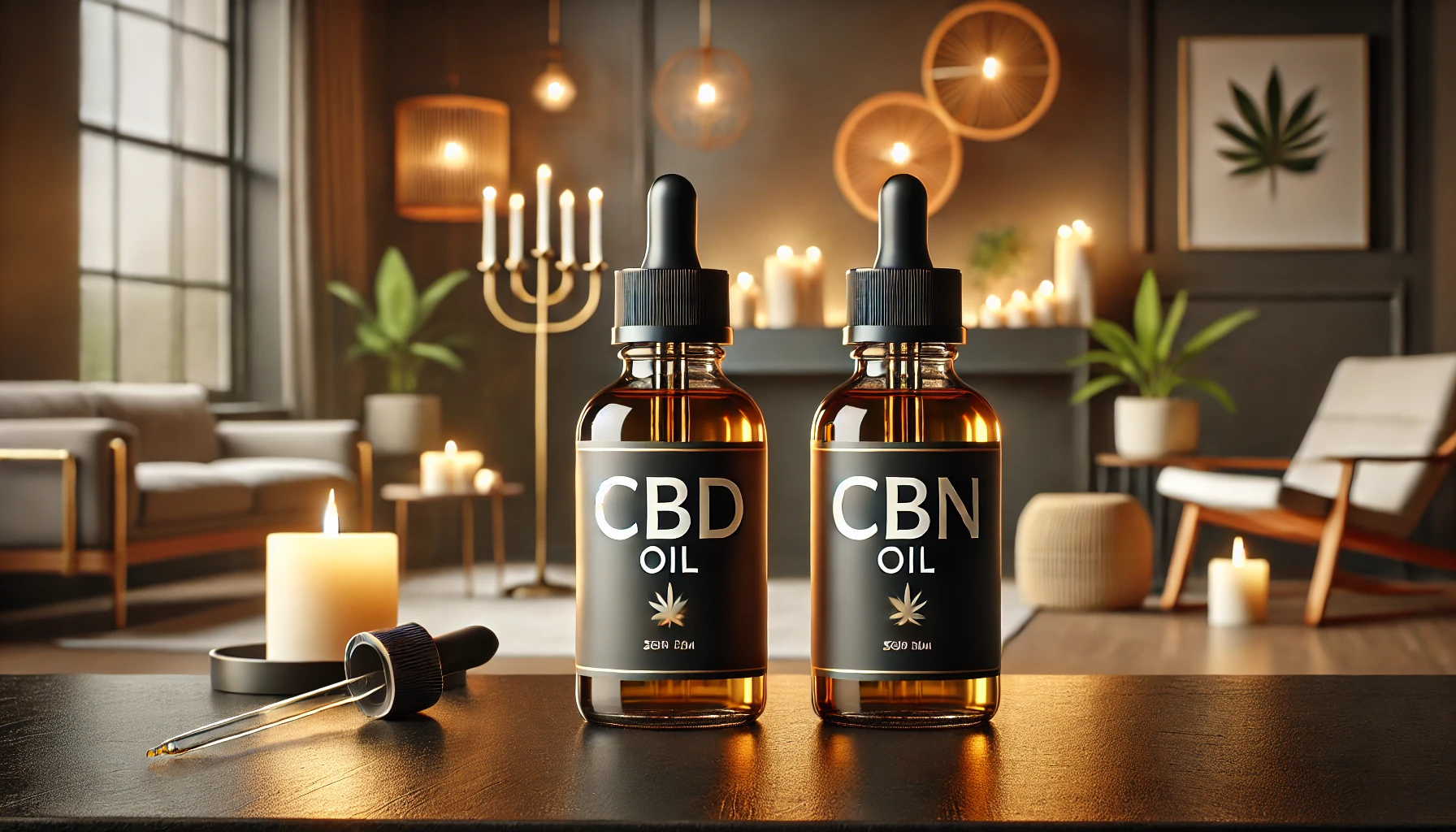Health Notice: This article was written using the Consensus AI Academic Search Engine. It is intended solely for informational purposes and should not be considered medical advice. Always consult a licensed healthcare provider for diagnosis, treatment, or medical guidance. Please refer to the full Disclaimer at the end of this article.
While CBD and CBN share some similarities, they have distinct differences in their origins, psychoactive properties, and therapeutic uses. CBD is widely recognized for its non-psychoactive, therapeutic benefits, particularly in improving sleep and reducing anxiety. CBN, although less studied, is believed to have mild sedative effects but does not significantly enhance the effects of CBD. Both cannabinoids have been shown to be safe for use, making them valuable components in the realm of cannabinoid-based therapies.
By understanding these differences, consumers and healthcare providers can make more informed decisions about which cannabinoid may be more suitable for their specific needs.
Cannabidiol (CBD) and Cannabinol (CBN) are two of the many cannabinoids found in the cannabis plant. While they share some similarities, they also have distinct differences in their effects and uses. This article explores the key differences between CBD and CBN based on recent research findings.
Chemical Composition and Origin
CBD and CBN are both derived from the cannabis plant, but they originate from different processes. CBD is a primary cannabinoid found in significant quantities in cannabis and hemp plants. It is typically extracted directly from the plant. On the other hand, CBN is a secondary cannabinoid that forms as THC (tetrahydrocannabinol) degrades over time. This means that older cannabis plants or improperly stored cannabis products tend to have higher levels of CBN.
Psychoactive Properties
One of the most notable differences between CBD and CBN is their psychoactive properties. CBD is non-psychoactive, meaning it does not produce the “high” associated with THC. This makes it a popular choice for those seeking therapeutic benefits without the mind-altering effects. Research has shown that CBD is safe and well-tolerated in humans, with no significant psychoactive effects4.
CBN, while also considered non-psychoactive, has mild psychoactive properties. However, these effects are much less intense compared to THC. Studies have indicated that CBN does not significantly alter the quality, intensity, or duration of THC’s effects when combined1.
Therapeutic Uses
CBD
CBD has been extensively studied for its potential therapeutic benefits. It is commonly used for its anti-inflammatory, analgesic, and anxiolytic properties. One of the most well-researched areas is its effect on sleep. A randomized controlled trial found that CBD significantly improved sleep quality in participants experiencing sleep disturbances. The study concluded that chronic use of low-dose CBD is safe and could improve sleep quality, although its effects do not exceed those of melatonin2 3.
CBN
CBN is often touted for its potential sedative effects, which may make it useful for sleep disorders. However, research on CBN is still in its early stages. The same study that evaluated CBD for sleep also looked at formulations containing both CBD and CBN. The results showed no significant differences in sleep improvement between CBD alone and CBD combined with CBN, suggesting that CBN may not enhance the sleep-promoting effects of CBD2 3.
Safety Profile
Both CBD and CBN have been shown to have favorable safety profiles. In clinical trials, CBD was well-tolerated with no severe side effects reported. Similarly, formulations containing CBN also exhibited a good safety profile, with only a small percentage of participants reporting mild side effects2 3.
Disclaimer
The content in this blog post was generated using Consensus, an AI-powered academic search engine, and is based on publicly available scientific literature. While we strive to provide accurate, up-to-date, and well-researched information, this content is intended for informational and educational purposes only.
It does not constitute medical advice, diagnosis, or treatment. Always consult a qualified healthcare professional before making decisions related to any medical condition, treatment, or medication.
The AI system’s analysis may not account for all perspectives, ongoing research, or individual circumstances, and should not replace professional expertise. Neither the blog publisher nor the developers of the Consensus AI tool are liable for any decisions or actions taken based on this content.
Use of this information is at your own risk. Where provided, citations link to original scientific studies for reference only—these should be reviewed independently and interpreted with the support of a qualified medical or research professional.
If you are experiencing a medical emergency, please seek immediate care from a healthcare provider or call emergency services.
